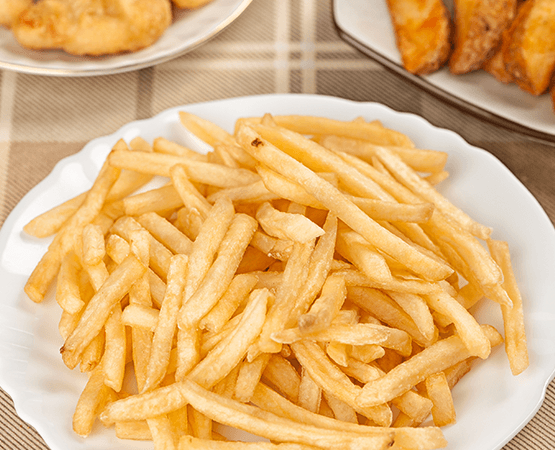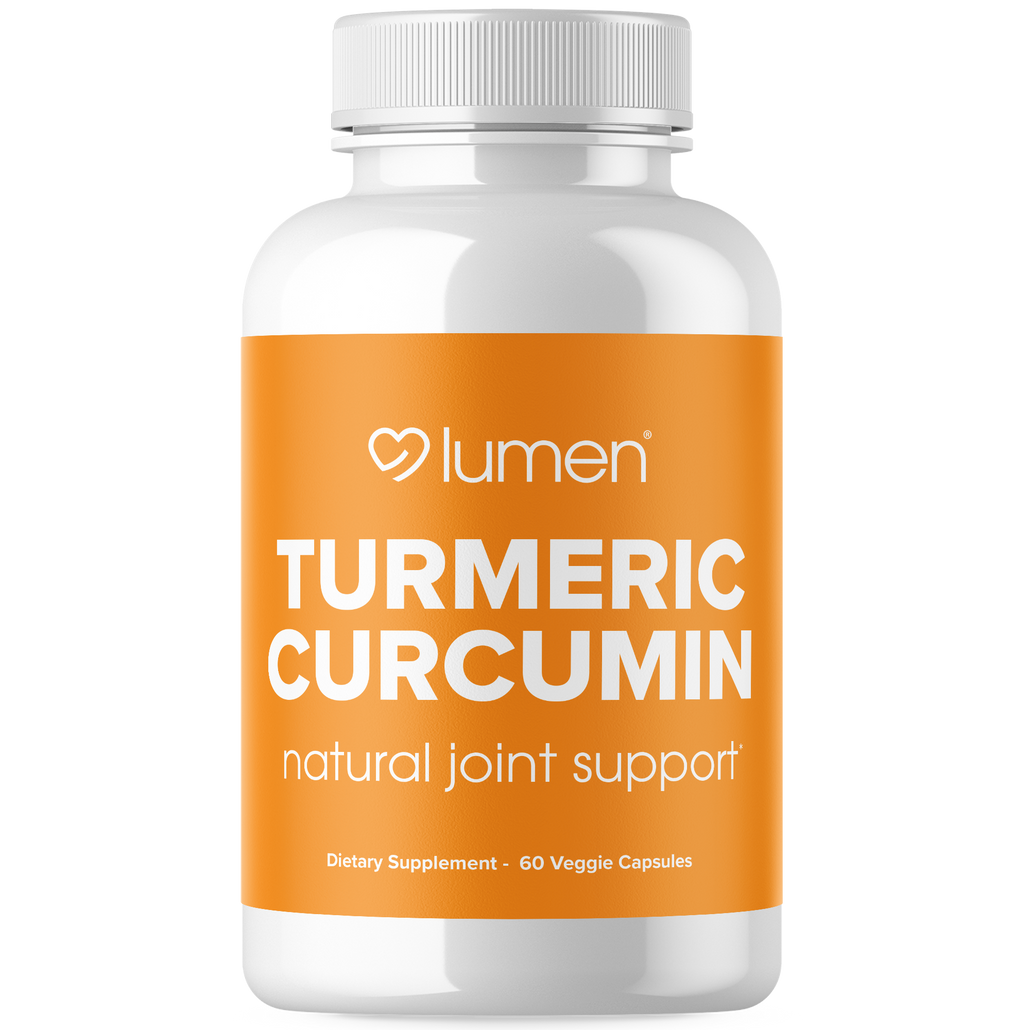4 Reasons Why Avoiding Trans Fats is Absolutely Necessary
What are Trans Fats? Are All Fats Equally Bad for Health?
Trans fats, the type of fat commonly found in processed foods like doughnuts, cakes, pie crusts, biscuits, frozen pizza, cookies, crackers, and stick margarine are nothing less than a poison when you consider their ill health effects.
Chemically, Trans fats are those that contain the hydrogen atoms on the opposite sides of the double bond. Chemistry is really hard, huh? Let’s simplify.
Trans fats are the solid fats that are derived from liquid vegetable oils through a process called hydrogenation (or hardening). Semi-hard fats manufactured by a similar process called partial hydrogenation may also contain substantial amounts of Trans fats.
So, what actually happens during hydrogenation? In hydrogenation, the liquid vegetable oils are reduced by the addition of hydrogen atoms that turns the liquid fats into solid fats. In the meantime, certain amounts of liquid fats transform into the notorious Trans fats. Likewise, reheating the oils several times or can also lead to the formation of unhealthy fats. It is widely accepted that heating or frying more than once is enough to turn the healthy oil into a toxin.
It’s not only the processed foods that contain these harmful types of fat. Natural foods such as milk and meat products also contain small quantities of Trans fats. Even so, processed foods, but not natural foods, are bad for your health because of the high amount of the unhealthy fats present in the former food items.
Not All Fats Are Created Equal
Let’s first keep in mind that fats are essential to carrying out numerous functions in the body.
Fats are essential components of cell membranes and necessary for vitamin storage and absorption.
Moreover, they also provide energy for running the body’s natural processes and are necessary for immune functions and reproduction.
Thus, avoiding all kinds of fats is really a bad idea.
Also, it means that you should know the difference between good fats and bad fats. A reminder, Omega-3 fats are really healthy and good for your brain and heart health.
However, we cannot say the same for Omega-6 fats.
These Negative Health Effects Make Trans Fats A Poison
A regular high consumption of Trans fats can cause one or more of the following health issues.
1 - Increased risk of heart disease, stroke, and heart attack.
Trans fats can increase the levels of “bad” cholesterol in the bloodstream. Even worse, they can also reduce the “good” cholesterol levels. Both these conditions are enough to weaken your heart and blood vessels and make you more likely to have a stroke or a heart disease.
2 - Increased inflammation.
Numerous studies have found that high intake of Trans fats causes the levels of inflammatory chemicals to rise by many folds. For some time now, it has been quite clear that chronic inflammation is the root cause of diseases ranging from diabetes to obesity to cancer.
3 - Autoimmune disease.
Recall that fats are essential to regulating immune function. But when you overstuff your system with harmful fats, these can shoot up the production of harmful free radicals and cause your immune function to behave abnormally. Note that autoimmune conditions occur when the immune cells mistakenly attack and damage healthy cells. Want to keep away from horrible autoimmune conditions? You may be able to prevent or reverse such conditions by taking healthy fats like omega-3-fatty acids.
4 - May make you more likely to have certain cancers.
Let’s get it clear first, researchers are yet to find a direct link between cancer and Trans fats. However, a number of studies suggest Trans fatty acids can boost the risk of colon cancer. In fact, those who take high amounts of unhealthy fats can be 50% more likely to develop colon cancer compared to those who take them in moderation. Most notably, women who have reached their menopause may be at double the risk.
Why It Is Necessary To Read Labels On Processed Foods Before Purchasing
Simply put, you should know what you are buying. The federal law requires any product entering the market after January 1, 2006, must have the label for Trans fats. However, the labels can trick you into believing that the product is safe even when it contains Trans fats.
For example, you See “0” Trans fats on a product label. Does it really mean the product has “0” unhealthy fats? Maybe not.
The US FDA allows the label “0” if each serving of the product contains less than 0.5 gram Trans fats. If the manufacturer keeps the serving amount low so that it contains less than 0.5 grams per serving, the product can have the “0” label.
Get Your Healthy Fats with These Top Products
Visit Our Store Page to View All Our Products





